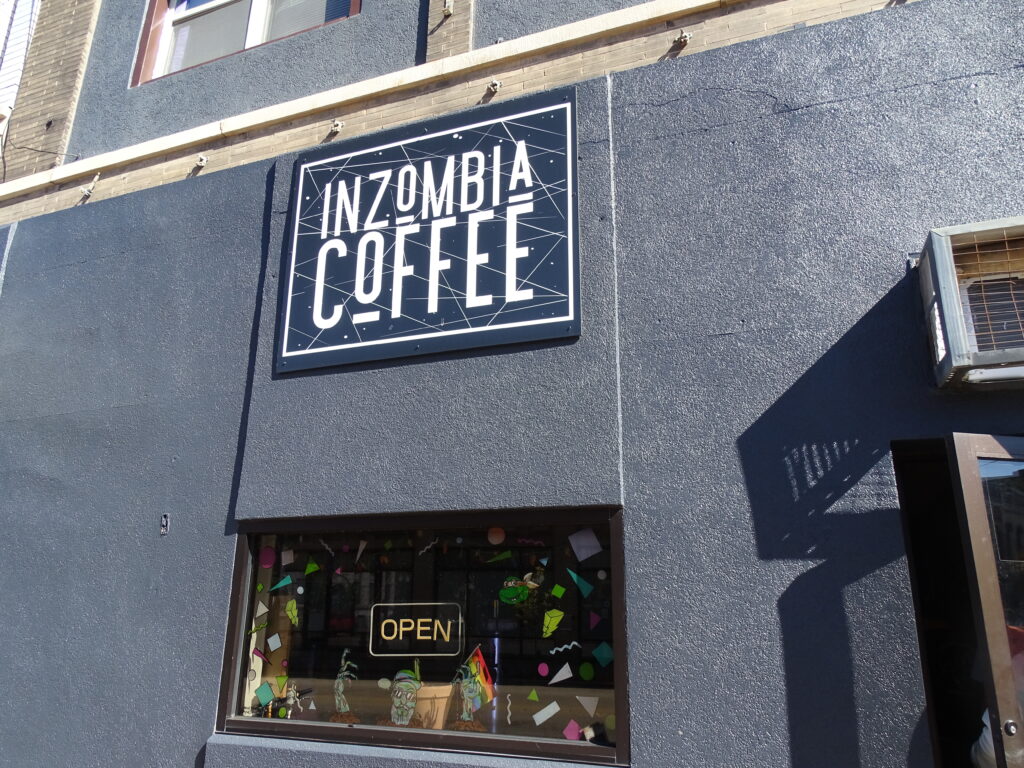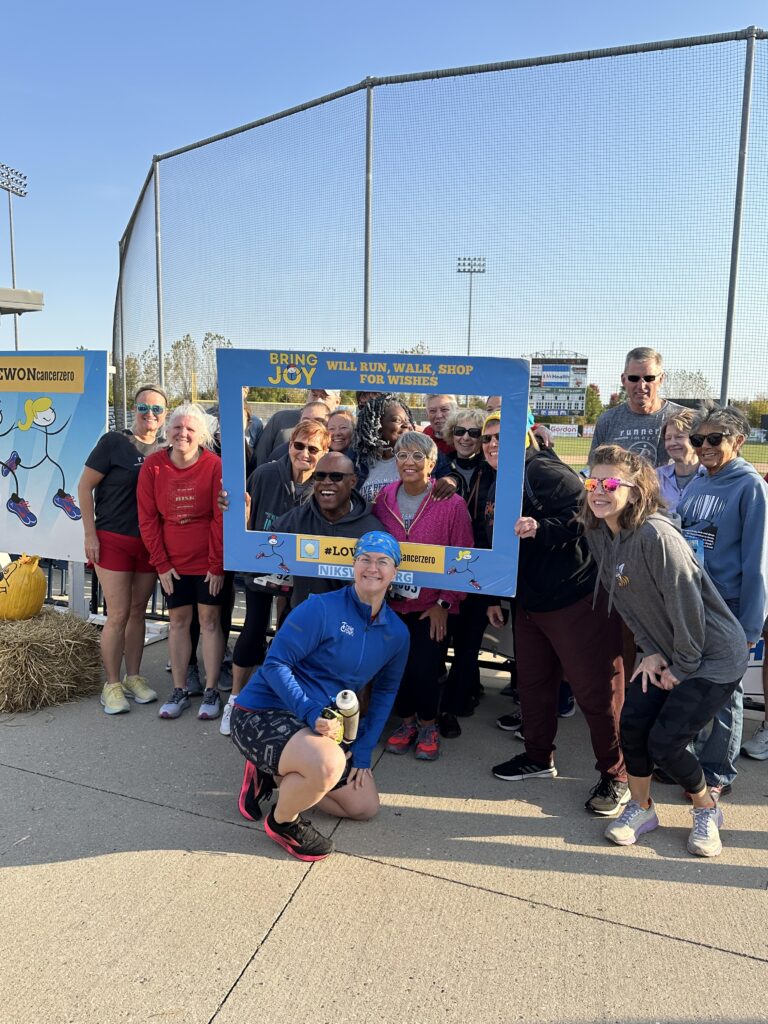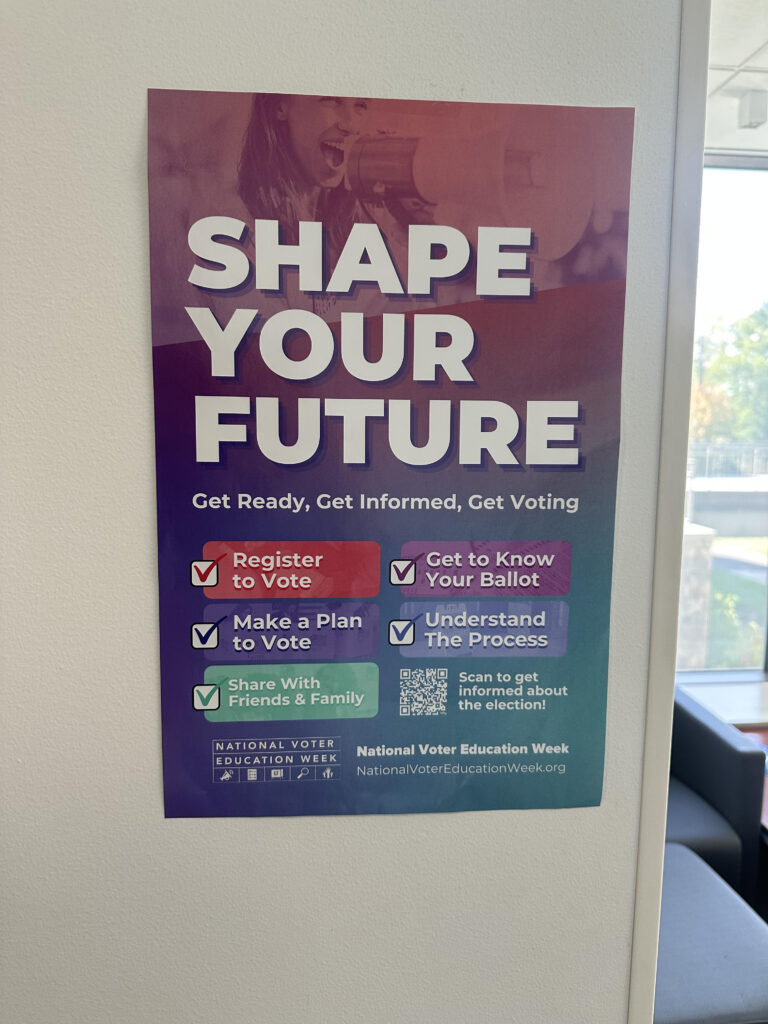
 These were bold people who believed they were being forced to action against the military of another country miles away which had imposed unjust laws on them. Tensions had been high for a while, and they were about to snap altogether. The colonists threw snowballs and random objects at the redcoats. In retaliation and drastic defense, the soldiers fired a number of shots in the midst of the crowd. This tragedy resulted in the deaths of five Boston citizens.
These were bold people who believed they were being forced to action against the military of another country miles away which had imposed unjust laws on them. Tensions had been high for a while, and they were about to snap altogether. The colonists threw snowballs and random objects at the redcoats. In retaliation and drastic defense, the soldiers fired a number of shots in the midst of the crowd. This tragedy resulted in the deaths of five Boston citizens.
Whether shot in the frenzy of the moment or intentionally to halt the rest of the mob, these five people died for a just cause. This event would come to be known as the Boston Massacre. Some historians mark it as the beginning of the American Revolution which led to the independence of the United States.
In February, many are celebrating Black History Month. We consider historical figures such as Abraham Lincoln, an advocate against slavery; Frederick Douglass; and W.E.B. Du Bois who were born in this month. It is also right to think of other notable men and women who have fought for freedom such as Martin Luther King Jr. and Harriet Ann Jacobs.
But what’s disappointing about recollecting of black history is that some figures are seldom discussed. Many unsung heroes have existed in our past. They were people with dreams and aspirations; they were human. They experienced sorrows and joys alike. One such man was Crispus Attucks.
Crispus Attucks was one of those men who was shot in the street by the British back in 1770. In fact, he was the very first man to be cut down by the gunfire. This makes him the first victim of the Boston Massacre as well as the man whom some have dubbed “the first martyr of the American Independence.” Despite his patriotism, he has often been overlooked in the history books.
Attucks’ father Prince Yonger was a black slave and his mother Nancy a Native American who was forced into slavery when they married. But she did this knowingly and willingly.  Nancy taught Crispus his prayers and his place. But obviously, he did not accept being treated like chattel. He was sold, separated from his family and the place he called home. He could not own, but only be owned. Finally, at the age of 27, he made a run for it. His escape was a success.
Nancy taught Crispus his prayers and his place. But obviously, he did not accept being treated like chattel. He was sold, separated from his family and the place he called home. He could not own, but only be owned. Finally, at the age of 27, he made a run for it. His escape was a success.
Standing at over six feet high with olive-colored skin, Crispus Attucks set out on a new adventure. Perhaps it was not as daring as striving to become a free man, but it was just as important to his future. This was his search for employment, and he was successful. He was able to get a job as a seaman. Almost two decades later, on that bitter night in Boston, he was not the only sailor shot by the soldiers. But he was still the first, and he deserves our respect and remembrance. Martin Luther King Jr. himself once hailed Attucks as a man who should be honored for his contribution to history.
Editors Note: The featured photo and the portrait of Crispus Attucks are under United States- Public Domain. The Crispus Attucks Monument photo belongs to the City of Boston Archives under the CC BY 2.0 attribution. The gravestone photo belongs to Mutter Erde using CommonsHelper under the CC BY-SA 3.0.








